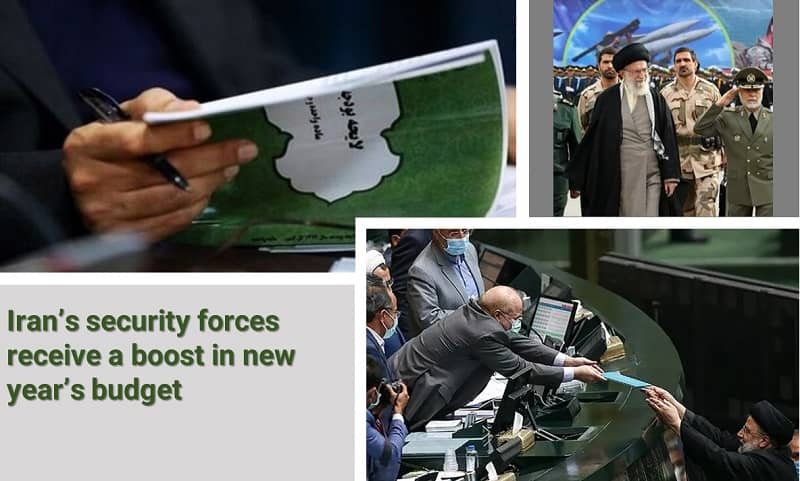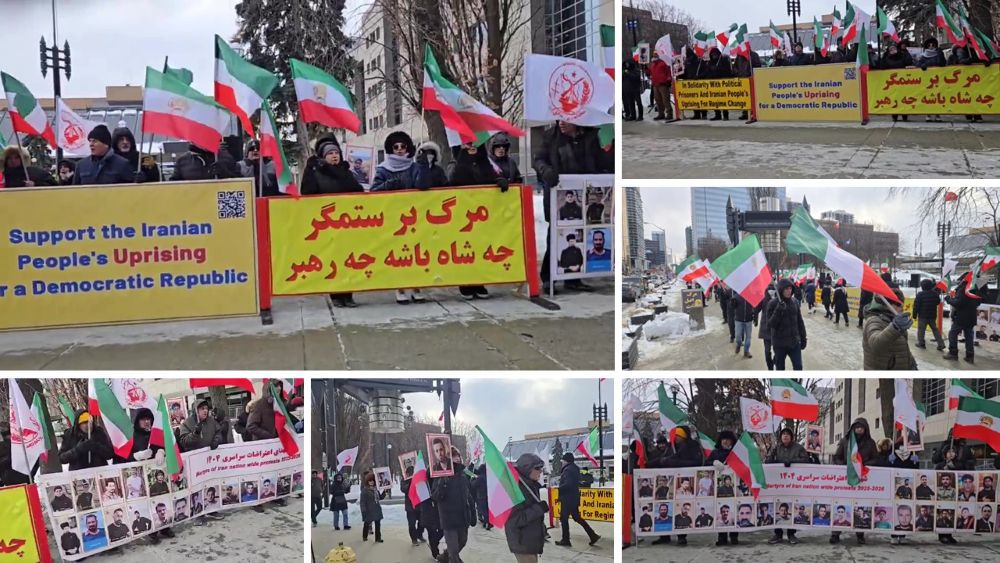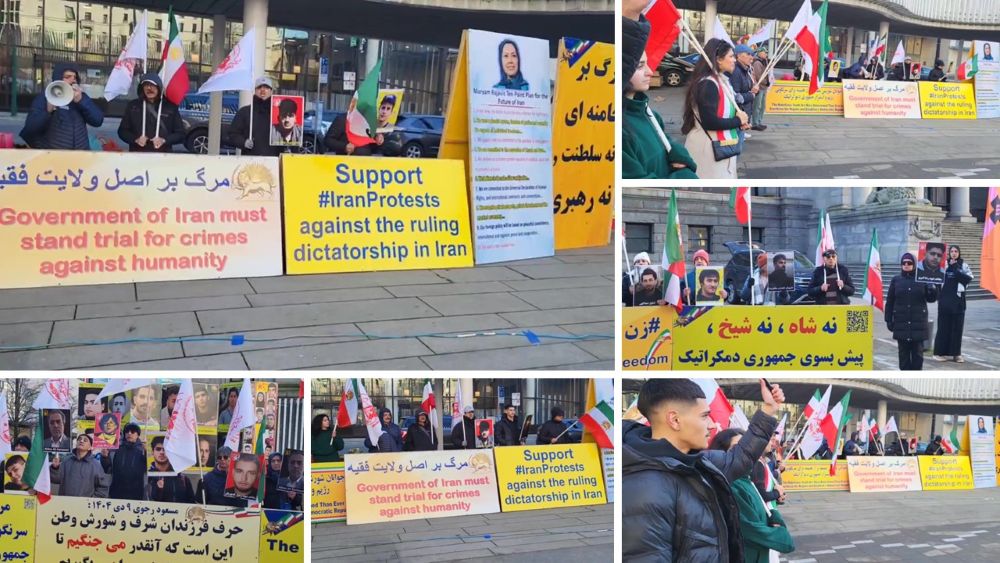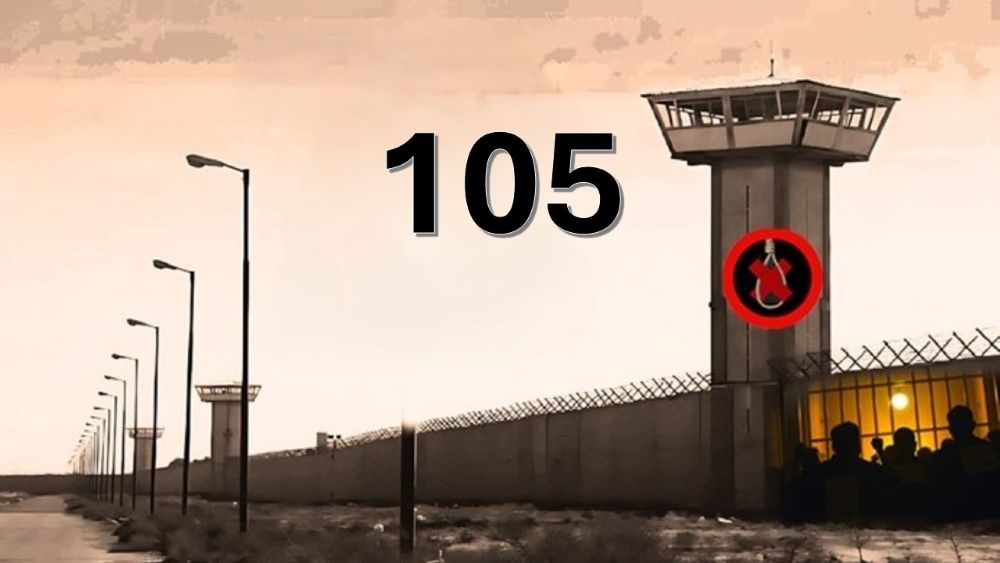
At the beginning of the week, the Iranian regime’s president Ebrahim Raisi brought his first budget bill for the new Persian year (starting in March 2022) before the Majlis (Iranian parliament). Reactions to the bill, and its controversial nature are hot topics across social media and state-run news outlets and experts predict that social tensions in Iran will only worsen as the bill is set to lead the country to economic bankruptcy.
The People’s Mojahedin Organization of Iran (PMOI/MEK) said, “From the allocation of massive budgets to security forces and the state-run propaganda apparatus to the disregard for the basic needs of teachers, workers, government employees, and other segments of the society, it is clear from the budget bill that the regime’s main priority is to guarantee its survival.”
It also appears that the budget contains a number of ambiguities that will make it easy for regime officials to pocket money allocated to spend to run the country. Already, two-thirds of the budget has been allocated to government-run companies.
Mohammad Bagher Ghalibaf, the speaker of the Majlis stated, “these companies, whose budget exceeds the general budget by 20,000 trillion rials… have had their own agenda in the past decades and will continue to do so. Whatever law we pass here, these companies will do what they will.”
Even with rules laid by the regime in regards to the budget bill, it has been seen before that the regime are not committed to obeying them. The head of the Supreme Audit Court, Mehrdad Bazrpash has previously revealed that during the term of the last administration, around 49 percent of the rulings of the budget bill were disregarded.
The MEK said, “Interestingly, last year, the budget bill was passed into law after months of heated debate, but was later revoked by regime supreme leader Ali Khamenei and was returned to the Majlis for another round of revision until it met the needs of the regime’s unelected leader.”
Only one-third of the regime’s budget for the upcoming Persian year has been allocated to public expenses, and the fact that this contains ambiguities reveals a lot about the regime and their priorities.
According to the regime’s own experts, there is already a 3,000 trillion rial deficit in the budget, but through fraudulent manipulation of accounting records, this latest bill has hid this fact.
The MEK said, “Instead, the government has instructed ministries and government bodies to cover their deficits with their own ‘initiatives’, a euphemism for further looting their employees and the people.”
The major concern in regards to the new budget is the removal of the 42,000 rial to the United States Dollar exchange rate, which experts have warned will cause prices to soar even further in a country with severe inflation rate increases.
Another worrying issues is the regime’s oil sales. Around 2 million barrels of oil are distributed across Iran on a daily basis, but the income from these sales has been neglected to be added to the budget bill.
The MEK said, “These and many other facts show that the budget bill is really just a formality in the regime. In reality, the mullahs are doing everything within their power to milk every last ounce of the country’s resources to preserve their corrupt rule.”



